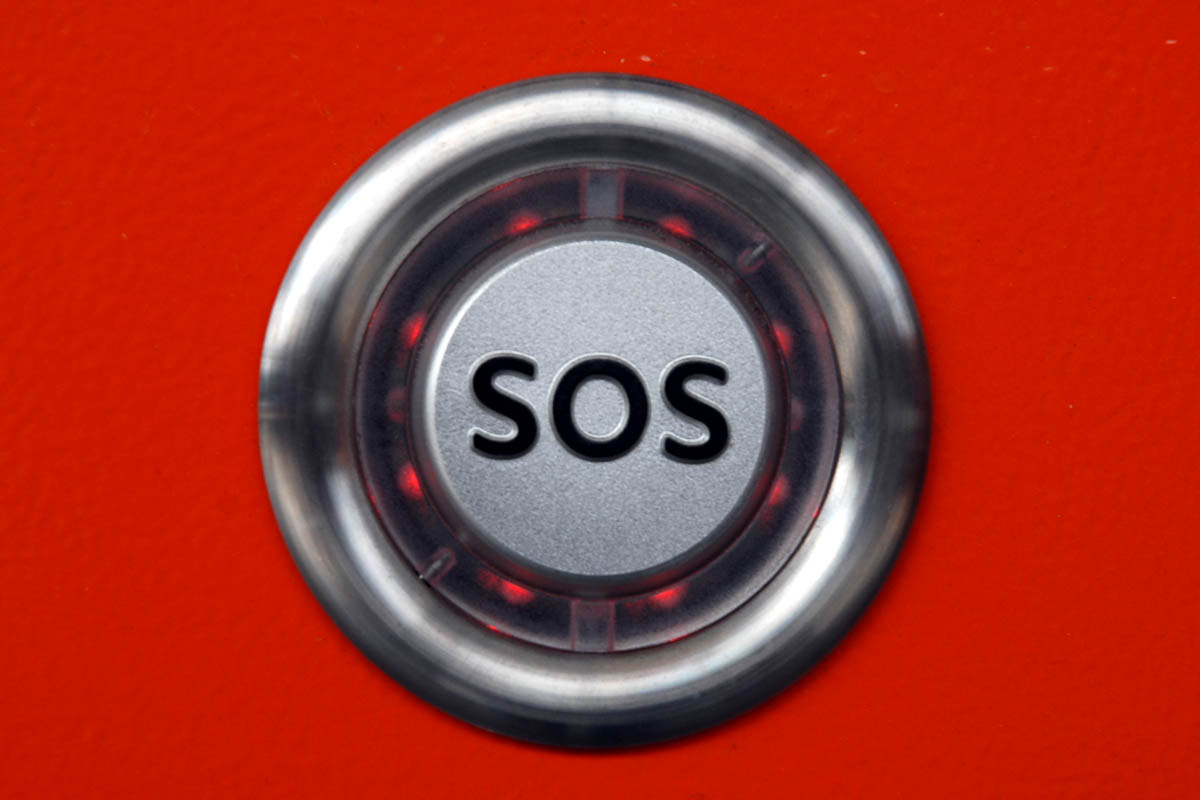
Manuals.. manuals everywhere but not one to depend on...
I am what they call an IT Professional. Most of the time, I get questions on things that I have no idea about.. yet I am the one who is supposed to give the answers. Many of those times, the so-called system and administrator manuals fail me - I can't find the answers in them. So, many times, manuals themselves fail and manuals fail me. And if they fail me, how do I give all the answers? In this blog, I will reveal that bit by bit.
After a few years in the Information Technology field, I find that the way IT support is set up actually makes the user more IT un-savvy. It does not build user confidence and they require affirmation of their actions from their so-called IT support people all the time. IT has become a personal technology needing you to handle many things yourself - much like the way you operate your own washing machine, microwave oven, toaster or vacuum cleaner. It is a paradigm- you need to think a certain way and how IT support set up today gets in the way of you learning that paradigm. Things are set up in such a way that it hides the user from IT instead of exposing them to it. This does not do much good because IT is something to be experienced. The support paradigm used are sometimes outmoded - from the days of text based computer systems created using COBOL or Dbase IV.
Ask our young ones. Haven't we heard of the many anecdotal evidence on how so-and-so's 3 year old nephew is so natural with the computer? Which manual did he refer to or school did he attend? None. It's all experiential, exploration, intuition and observation. This blog is dedicated to encourage that - that is how I learn and I find it hard to teach users any other way.

